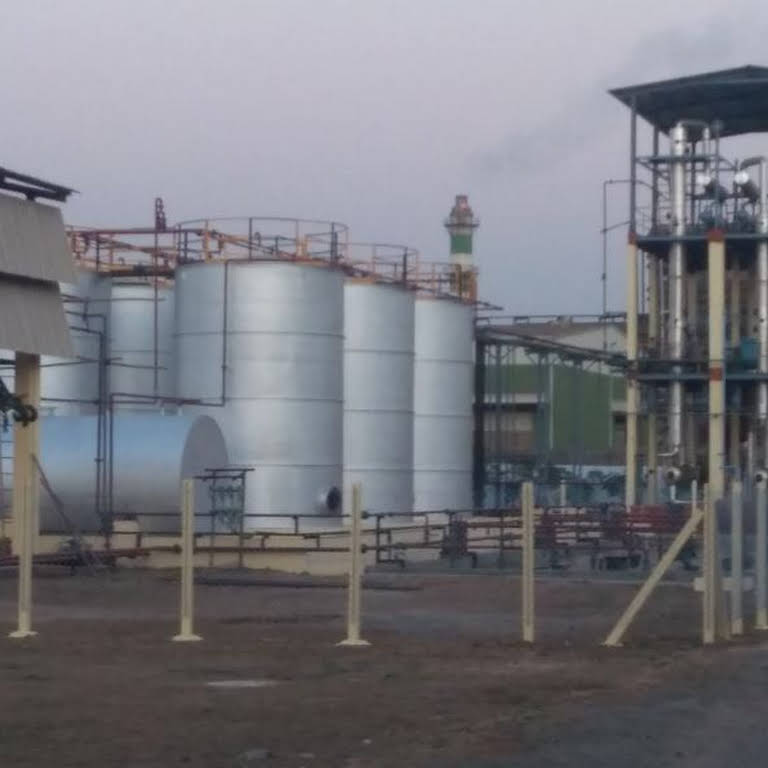Welcome To ChemAnalyst

C9 Solvent prices stayed buoyant this week again as the upstream value shoots up in the air. Despite the strong interest from various downstream industries, solvent prices kept rising effectively in the global market in line with the Russia-Ukraine conflict. Additionally, the Crude oil futures jumped on Thursday as Germany said it would no longer oppose the Russian oil embargo. By Friday morning, the WTI crude futures hit 106 US Dollars per barrel, while the Brent crude traded more than USD 109 per barrel.
According to the ChemAnalyst database, India’s C9 Solvent market witnessed a hike of approximately 1 percent during the last week of April. The buyers revealed that they are optimizing their procurement activities based on the current requirement of the region. However, the global market fundamentals have been highly uncertain, taking pressure from the intensifying geopolitical tension in the East European region. The already inflated upstream value skyrocketed on the backdrop of Russia’s invasion of Ukraine, catching all the global Crude derivative players off guard.
Meanwhile, the overall demand fundamentals from the downstream paints and coatings industry inclined with the rapidly advancing automotive sector across the region. The increased production of automobiles, particularly cars, supported the uphill pricing trend. But then the supply contraction along with rising petroleum feedstocks prompted the manufacturers to a strong price rise in the Asian regional market.
As per ChemAnalyst, “the prices of C9 solvent in Asia are expected to continue the upward trajectory owing to the soaring Crude oil value, weighted on market players. Additional cost pressure might add to the solvent pricing trend as the war escalates further in the coming weeks. If the demand from the construction sector increases in accordance with paints and coatings in the near term, the product’s currently limited supplies are predicted to become even tighter across the Asian market. However, the Chinese Covid restrictions may impact the economic growth in the forthcoming period if the infections exceed more than predicted.”
We use cookies to deliver the best possible experience on our website. To learn more, visit our Privacy Policy. By continuing to use this site or by closing this box, you consent to our use of cookies. More info.
